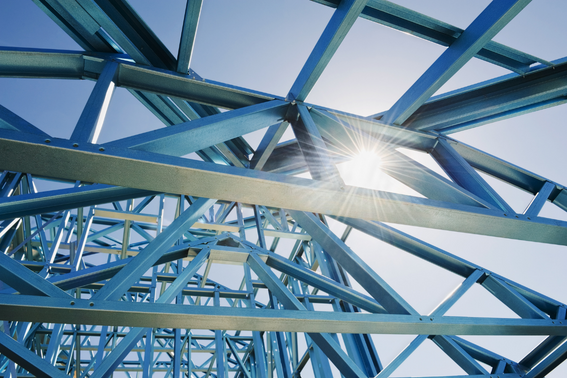
13 Dec. MEP Manuela Ripa (ÖDP) on the end of the negotiations with the EU Commission and Council for a Carbon Border Adjustment Mechanism (CBAM)
Ripa: "CO2 content is becoming the new currency in world trade!"
(Strasbourg, 13.12.2022) As part of the EU's major climate protection package "Fit for 55", another central element has been adopted. With the carbon border adjustment mechanism (CBAM), the European Parliament and the member states are making the CO2 content of products on the world market the instrument of central control. The negotiations with the Council and the Commission, which started in July, ended last night.
Manuela Ripa, MEP for the Ecological Democratic Party (ÖDP), negotiated the proposal as shadow rapporteur for her group Greens/EFA. Ripa is pleased with the outcome of the negotiations: "CO2 is becoming the new currency of world trade. The carbon border tax ensures that the external costs of harmful emissions are finally internalized. This is a giant step towards green global trade. Today's decision to introduce a carbon border adjustment tax sets new standards for European and also global industrial production. The avoidance of CO2 will be rewarded and the conversion to corresponding climate-neutral processes will finally be set in motion worldwide. In this way, third countries will also be given strong incentives to take stricter climate protection measures."
One of the key points of the last trilogue yesterday evening was the question of whether the scope of the regulation set by the EU Commission in its original proposal could be extended - the negotiators of the EU Parliament had insisted on this until the last minute and finally achieved the extension of the scope to some additional sectors. As a result, CBAM will now not only cover the sectors of iron, steel, cement, aluminium, fertilizers and electricity as defined by the Commission, but thanks to the efforts of the Parliament it now also covers hydrogen, indirect emissions under certain conditions, certain precursors as well as some downstream products such as screws and similar items made of iron or steel.
Unfortunately, the European Parliament's call for financial support for the least developed countries to decarbonise their industry through CBAM could not be pushed through to the same extent. However, the Commission will report annually on how the Neighbourhood, Development and International Cooperation Instrument is contributing to the decarbonization of industries in the least developed countries.
Now, in the final step, the outcome of the negotiations must be confirmed by the European Parliament and EU member states. The start of the mechanism as well as the phasing out of free allowances will be part of the negotiations on the EU Emissions Trading Scheme. The final rounds of negotiations on this are scheduled for this Saturday (13.12.).
Background:
CBAM is designed to reduce the risk of carbon leakage by applying a carbon price to imported goods that is equal to the price they would have paid under the EU ETS if they had been produced in the EU. Third countries are thus encouraged to make their production processes more environmentally friendly. This way, the carbon cap and trade mechanism complements the EU Emissions Trading Scheme.

